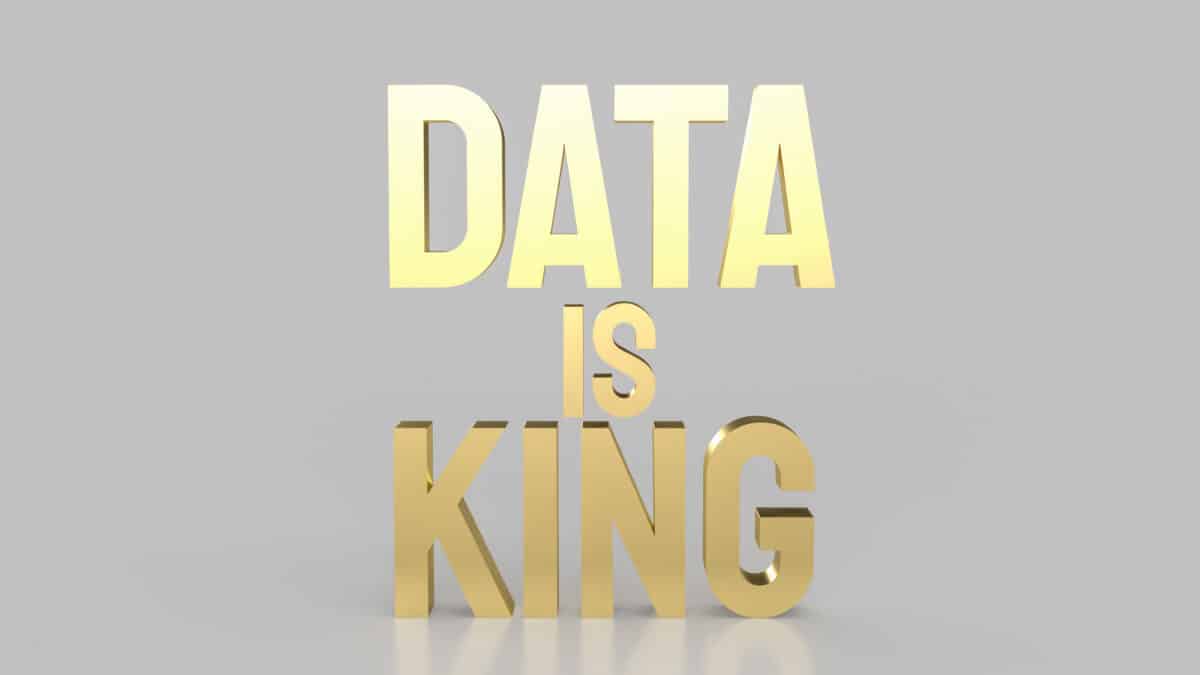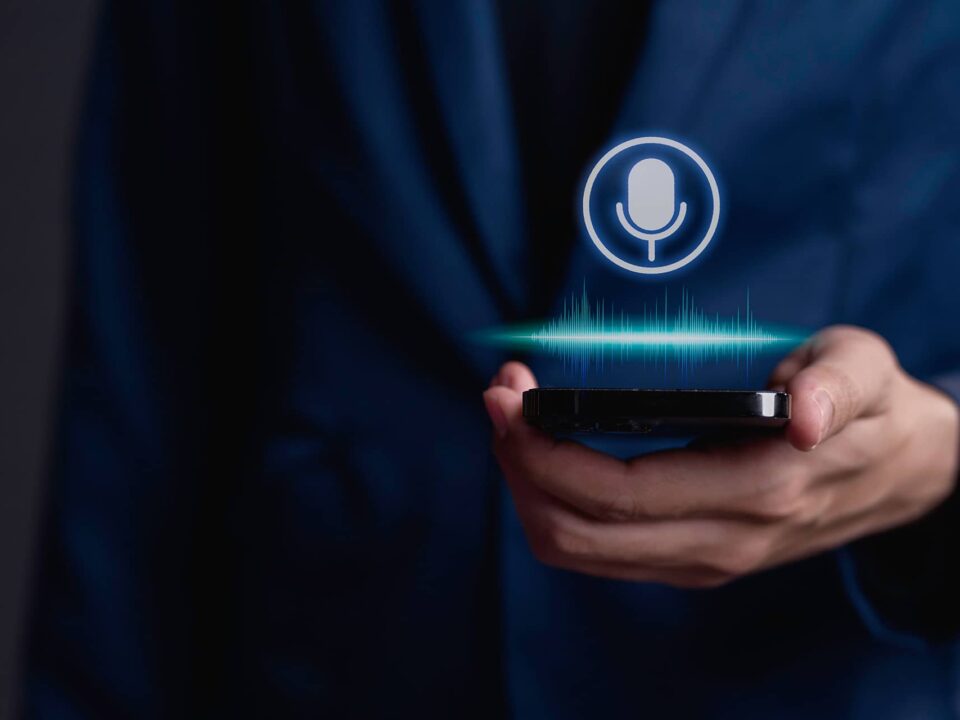
Capturing High-Quality Interview Recordings for Qualitative Research Transcription
September 5, 2023
The Hidden Bias in Inaccurate Transcripts: Why Precision Matters in Research Transcription
September 7, 2023The Role of Transcription in Qualitative Research
In the world of research, data is king. But, not all of it is easily quantifiable or neatly fits into spreadsheets. Qualitative research often relies on rich, nuanced data gathered from interviews, focus groups, and observations. While this information is invaluable for understanding complex human behaviors, attitudes, and experiences, it often comes in audio or video formats that are difficult to analyze. Enter the unsung hero of qualitative research: transcription. In this blog, we’ll delve into what transcription is and why it’s indispensable in qualitative research.
What is Transcription?
Transcription is the meticulous process of converting spoken or visual information into written text. Imagine you’ve just conducted a one-hour interview for your research project. You have an audio file that captures every word, pause, and inflection. While this is a rich source of data, it needs to be in a format that’s easy to analyze or share. Transcribing that audio file turns it into a text document, making it far more accessible and valuable for your research needs.
Why is Transcription Important in Qualitative Research?
Facilitates Analysis
Once your recordings goes through speech-to-text conversion, you can easily sift through files to identify themes, patterns, and insights. Qualitative Data Analysis (QDA) software can help you code and categorize this text, something that would be almost impossible to do with just an audio file.
Ensures Accuracy
Transcription allows for a more precise representation of your subject interviews. You can revisit the text multiple times to ensure that your interpretations are accurate, thereby enhancing the validity and reliability of your research.
Provides a Comprehensive Record
Typed text serves as a complete and detailed record of your data. This is invaluable for future research and for others who may want to analyze it.
Enhances Accessibility
Text-based files are easier to share and review. Unlike audio or video files, which may require specialized software, a text document can be easily opened, searched, and annotated.
Time-Efficiency
Transcribing your interviews can save you time in the long run. You can quickly skim through the text or use software tools to find specific information rather than having to listen to audio recordings multiple times.
Interdisciplinary Use
Typed records can be useful for researchers from various disciplines. Sociolinguists might be interested in the language and phrasing, while sociologists might focus on the content and themes.
Ethical and Legal Documentation
Transcriptions can serve as a form of legal record and are useful for obtaining informed consent. Participants can review the text to ensure it accurately represents their views before it gets used in research.
Enhanced Collaboration
Text-based records are easier to share among team members or with other researchers, facilitating collaborative qualitative research.
Data Triangulation
Researchers can use transcripts alongside other data types like survey results or quantitative data for a more comprehensive understanding of the research problem.
Replicability
Having a written record allows other researchers to validate or challenge your findings, an essential part of the scientific process.
Why Choose a Professional Transcription Service?
Given the importance of transcription in qualitative research, it’s crucial to choose a service that is secure, reliable, and accurate. Professional transcription services often come with added benefits like compliance with Institutional Review Board (IRB) requirements, integration with QDA software, and productivity tools like mobile apps for capturing conversations.
Choose Trans|IT for Your Transcription Needs
Transcription is not just a mundane task for your research to-do list; it’s a critical step that can materially impact the quality and integrity of your qualitative research. From facilitating analysis to ensuring ethical compliance, the benefits are manifold.
If you’re looking for a transcription service that understands the unique needs of qualitative research, consider Athreon’s Trans|IT. Not only does Trans|IT offer secure, reliable, and accurate transcription, but it also complies with IRB requirements like HIPAA. Plus, it integrates seamlessly with QDA software and offers productivity tools like mobile apps for capturing conversations and web portals for secure transcript transfers. Elevate the quality of your research by choosing the best transcription service that genuinely understands your needs.
So, the next time you’re drowning in hours of audio recordings, remember that transcription is your lifeline. Make the smart choice and invest in a service that can do justice to your hard-earned qualitative data. Contact Athreon to learn more.





